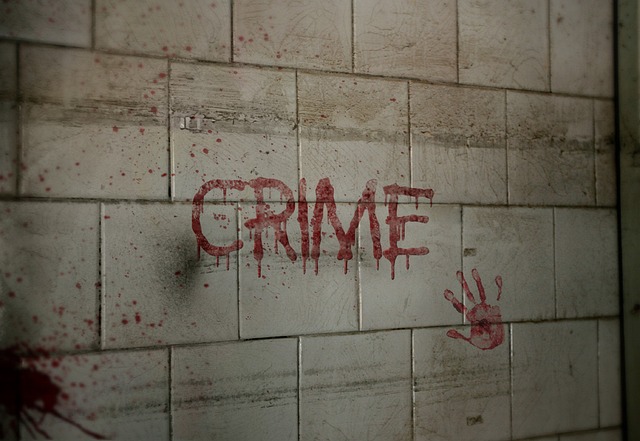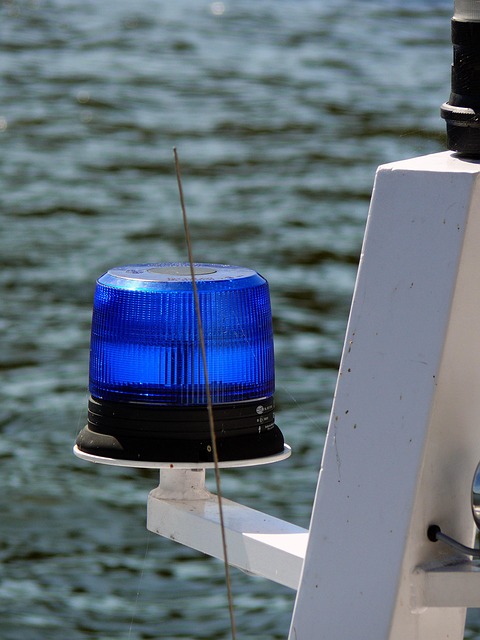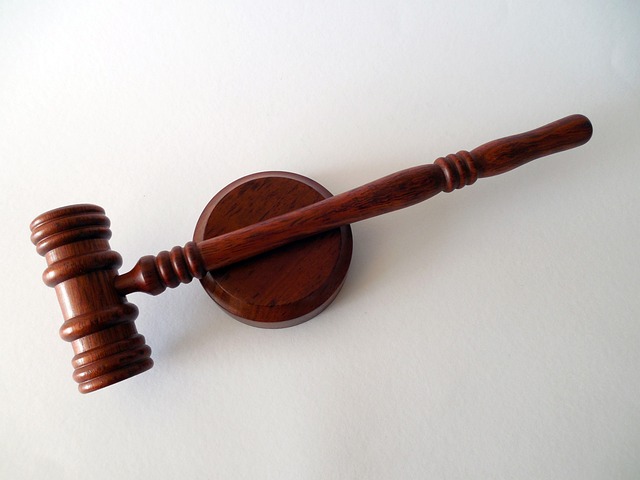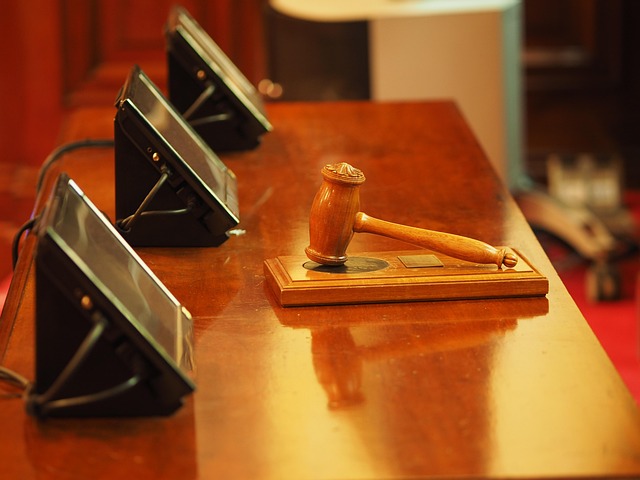Litigation Support Services play a pivotal role in modern criminal justice, streamlining procedures from pre-trial to appeals. These services, rooted in deep understanding of Steps in Criminal Procedure Litigation, include evidence management, witness preparation, expert testimony (from scientific to financial forensics), and advanced case tools. Key aspects like document discovery, digital forensics, and case analysis ensure transparency, equity, and potentially lead to charge dismissal. Expert witnesses, crucial in these steps, offer impartial insights, enhance trial integrity, and aid in alternative dispute resolution. Advanced technologies facilitate meticulous Steps in Criminal Procedure Litigation, enabling robust defenses, fair outcomes, and justice in complex cases like white-collar crime.
Litigation Support Services play a pivotal role in modern legal proceedings, especially within the complex landscape of criminal trials. This article navigates the critical steps in criminal procedure litigation, focusing on expert witnesses, document discovery, digital forensics, and case analysis. Understanding these components is essential for enhancing legal arguments and ensuring just outcomes. By examining each stage, from evidence collection to strategic planning, we uncover how litigation support services act as a symphony of expertise, revolutionizing the way cases are presented and decided upon.
- Understanding Litigation Support Services: An Overview
- The Role of Expert Witnesses in Criminal Procedure
- Document Discovery and Production: Uncovering Key Evidence
- Digital Forensics: Extracting Data from Electronic Devices
- Case Analysis and Strategy: Enhancing Legal Arguments
Understanding Litigation Support Services: An Overview

Litigation Support Services play a pivotal role in modern legal processes, especially within the complex landscape of criminal procedure. These services are designed to streamline and optimize the various steps involved in criminal trials, ensuring fairness, efficiency, and accuracy. From pre-trial preparations to post-verdict appeals, these support systems provide crucial assistance to all stakeholders, including law enforcement, prosecutors, defenders, and ultimately, the judiciary.
Understanding Litigation Support Services requires a grasp of the intricate Steps in Criminal Procedure Litigation. This involves not only managing evidence collection and presentation but also facilitating effective communication among diverse legal entities. In this context, services span document discovery, witness preparation, expert testimony, and case management tools. Moreover, they often extend to the broader philanthropic and political communities by ensuring that justice is served transparently and equitably, ultimately leading to outcomes that could result in the complete dismissal of all charges, where applicable.
The Role of Expert Witnesses in Criminal Procedure

Expert witnesses play a pivotal role in criminal procedure, offering impartial insights that can significantly sway court decisions. Their involvement is crucial during high-stakes cases, where the stakes are often substantial for both the accused and the prosecuting entity, be it government or private. These experts, with their specialized knowledge, provide a unique perspective on complex issues, ranging from scientific analysis to financial forensics, enhancing the overall integrity of the steps in criminal procedure litigation.
Their testimony brings credibility to trial proceedings, ensuring that judges and juries have access to reliable information. This is particularly important in cases where evidence might be contentious or requires specialized interpretation. The role of expert witnesses extends beyond mere testimony; they assist in case preparation, offer pre-trial analyses, and may even contribute to alternative dispute resolution methods. Their unprecedented track record in facilitating just outcomes makes them invaluable assets in navigating the intricate landscape of criminal procedure.
Document Discovery and Production: Uncovering Key Evidence

Document discovery and production is a critical phase in any legal proceedings, especially within the intricate steps in criminal procedure litigation. This process involves meticulously sifting through vast amounts of documentation to uncover key evidence that can shape the outcome of a case. It requires a systematic approach, often employing advanced technologies, to ensure no relevant information goes unnoticed. The goal is to gather documents that not only support but ultimately prove or disprove the allegations made in a criminal case.
In the context of general criminal defense and even more complex white-collar and economic crimes, effective document discovery can be a game-changer. It allows lawyers to build robust defenses, challenge the prosecution’s claims, and achieve extraordinary results for their clients. By employing strategic methods, legal professionals can navigate this intricate process, ensuring that all relevant documentation is produced as evidence, thereby facilitating fair and just outcomes in litigation.
Digital Forensics: Extracting Data from Electronic Devices

Digital forensics plays a pivotal role in modern litigation support services, especially within the intricate steps of criminal procedure litigation. It involves the meticulous extraction and analysis of data from various electronic devices, offering invaluable insights that can significantly influence court cases. By employing specialized techniques and tools, experts in this field can uncover hidden or deleted files, decipher encrypted data, and even reconstruct digital timelines, providing crucial evidence to assist prosecutors and defense attorneys alike.
In the context of criminal investigations, digital forensics has an unprecedented track record of helping to secure winning challenging defense verdicts. This is because it enables a comprehensive examination of digital evidence at every stage of the investigative and enforcement process. From initial data collection to final presentations in court, digital forensics ensures that all relevant information is carefully preserved, analyzed, and presented in a manner that stands up to legal scrutiny, thereby enhancing the overall integrity of the litigation process.
Case Analysis and Strategy: Enhancing Legal Arguments

Case Analysis and Strategy play a pivotal role in Litigation Support Services, especially within the intricate landscape of criminal procedure litigation. Effective case analysis involves dissecting the factual nuances, legal precedents, and potential evidence to formulate a robust strategy. This process is akin to navigating a complex labyrinth—identifying key elements that can strengthen or weaken the general criminal defense.
By employing sophisticated analytical tools and expertise, professionals can enhance legal arguments, ensuring they are well-grounded in both fact and law. This strategic approach significantly increases the chances of winning challenging defense verdicts, particularly in jury trials, where a compelling narrative and solid case strategy can sway public opinion. The steps in criminal procedure litigation thus become more than mere procedural checkpoints; they are guiding posts toward successful outcomes.
In today’s complex legal landscape, Litigation Support Services play a pivotal role in guiding steps in criminal procedure litigation. From understanding the intricacies of expert witness testimony to extracting digital forensics data and enhancing case analysis strategies, these services ensure that every aspect of a case is meticulously handled. By leveraging advanced technologies and industry expertise, legal professionals can navigate the intricate paths of criminal procedures with confidence, ultimately contributing to more just outcomes.






